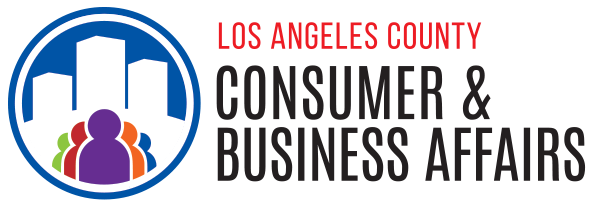Updated March 19, 2015
College is expensive. Getting a scholarship can help students manage the high costs of higher education. Searching for scholarships can be difficult and sometimes confusing. Your search might make you vulnerable to unrealistic promises and scams.
Here are some common scholarship scams you should look to avoid:
- The scholarship prize (if you pay first): This scam tells you that you’ve won a college scholarship worth thousands of dollars, but requires you to pay a “disbursement” or “redemption” fee or the taxes before they can release the prize. Real scholarships don’t require you to pay upfront.
- The “guaranteed” service: Beware of scholarship-matching services that guarantee you’ll win a scholarship or they’ll refund your money. Services don’t decide who gets a scholarship. That decision is left to the sponsors. No legitimate scholarship sponsor will guarantee that you’ll win an award.
- “Free” Seminars: You may receive a letter or email advertising a free financial aid seminar or “interviews” for financial assistance. Some seminars may offer useful information, but you need to be careful. Many of these seminars are cleverly disguised sales pitches for financial aid consulting services, investment products, expensive scholarship matching services, or overpriced student loans. Research the company before you sign up.
Warning signs that might indicate fraud:
- “Everybody is eligible”: No, they’re not. Almost all scholarship sponsors are looking for candidates who best match a certain criteria. There are always restrictions.
- The “unclaimed scholarships” myth: You may be told that millions of dollars for scholarships go unused each year because students don’t know where to apply. This is not true. There’s a well-known saying: “there’s no such thing as a free lunch.” Well, there’s also no such thing as an unclaimed scholarship.
- “We apply on your behalf”: To win a scholarship, you must do the work. Be cautious of any scholarship service that claims to do all the work for you. Submit your own applications. Write your own essays. Get your own letters of recommendation.
- They refuse to answer your questions: If you ask a scholarship or seminar representative questions about their program or service and they give you vague, unclear answers, then it could be a warning sign that they are not legitimate. Legitimate businesses are willing to give you information and answer your questions.
- High success rates: Students earn scholarships, not services. If a service is making loud claims about how effective they are, it’s a good tip-off to a scam. Remember, if something sounds too good to be true, it probably is.
- Requests for personal information: If the application asks you to disclose bank account numbers, credit card numbers, or social security card numbers, it is probably a scam. If they call and ask you for personal information to “confirm your eligibility,” or “verify your identity,” just hang up.
- Masquerading as a federal agency: If you receive an offer from an organization with an official-sounding name, check to see if it is a real federal agency. Don’t trust an organization just because it has an official-looking “governmental” seal as its logo or has a Washington, DC return address.
Protect yourself from becoming a victim
Here are some tips that will help you find legitimate scholarship funds:
- Get an independent opinion from a trusted source, such as a financial aid administrator at a local college or university, high school guidance counselor, or librarian.
- Get offers, cancellation and refund policies, and guarantees in writing before sending money. Read all the fine print! Don’t rely on verbal promises.
- Don’t respond to unsolicited offers.
- Take notes during telephone conversations with companies. Keep copies of your correspondence and the company’s promotional materials.
- Trust your instincts.
For more information about consumer issues, contact the Department of Consumer and Business Affairs at (800)
593-8222.

